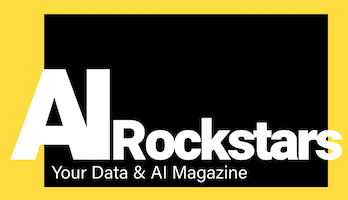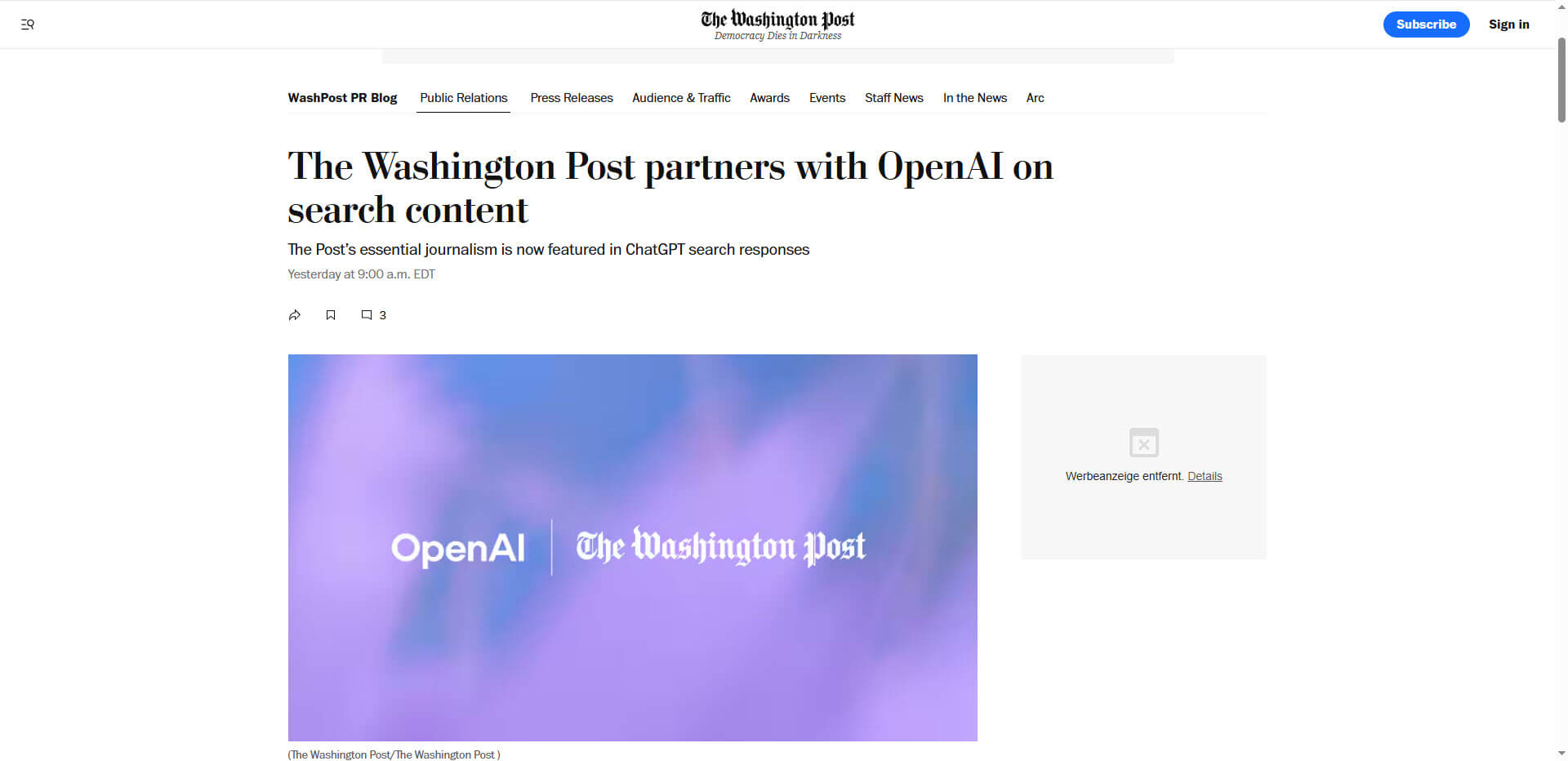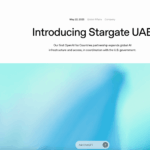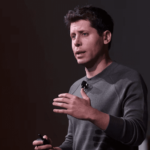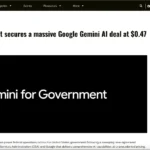OpenAI and The Washington Post have entered into a multi-year partnership that will enable ChatGPT to display summaries, quotes and direct links to articles from the prestigious newspaper. This strategic agreement is part of a broader initiative by OpenAI that already includes collaborations with over 20 global publishers and involves more than 160 publications in 20 languages.
The collaboration focuses on content in the areas of politics, international affairs, business and technology. The Washington Post will gain access to ChatGPT’s estimated user base of 500 million weekly users, while OpenAI will be able to enrich its responses with trusted journalistic sources. The collaboration contrasts with legal disputes between OpenAI and other major publishers, including a high-profile lawsuit filed by The New York Times accusing OpenAI of using copyrighted material without permission to train its AI models.
Technical implementation of the integration
The partnership utilizes OpenAI’s Retrieval Augmented Generation (RAG) architecture, which combines real-time data retrieval with generative text production. When users submit a query on relevant topics, ChatGPT searches the Washington Post’s API for matching articles and extracts key passages that are then woven into the responses. Three main forms of content integration are used:
- Summarized excerpts: Compact versions of articles that highlight key points
- Direct quotes: Verbatim text passages from Post journalists
- Linked Sources: Hyperlinks that take users to full articles on the Washington Post website
This process runs independently of ChatGPT’s baseline training data and instead uses a dedicated indexing system that is updated every 15 minutes to reflect new content from the Post.
Strategic goals of both companies
For OpenAI, the partnership offers several strategic advantages:
- Legal protection: by licensing content directly, OpenAI aims to avoid copyright lawsuits like the one brought by the New York Times
- Improved response quality: The integration of established journalistic sources has been proven to reduce factual errors in ChatGPT’s responses
- Monetization potential: The cooperation could lay the foundation for premium ChatGPT offerings
The Washington Post is also pursuing clear goals:
- Expanding reach: as print circulation declines, the Post seeks access to ChatGPT’s global user base
- Expanding AI capabilities: The partnership will allow the Post to further develop its own AI tools, such as Haystacker
- Strategic positioning: Unlike competitors such as the New York Times, the Post is taking a collaborative approach to the AI ecosystem
Long-term impact on the media landscape
The partnership between OpenAI and The Washington Post reflects a growing divide in the media industry. While some publishers such as the Post, Axel Springer and News Corp are entering into licensing partnerships, others such as the New York Times and Chicago Tribune are taking legal action. These divergent strategies have far-reaching implications for media diversity.
Critics warn that such AI publishing alliances could lead to an information monoculture, as ChatGPT favors its partners’ content in responses. A study by the University of Toronto in 2025 found that queries about the 2024 US election were 73% more likely to return results from OpenAI partner publishers than from non-cooperating media.
Conclusion: A new era of information dissemination
The collaboration between OpenAI and The Washington Post represents a pragmatic compromise in the fraught relationship between AI developers and content providers. It offers publishers new revenue streams and reach in an increasingly platform-dominated media landscape. For OpenAI, it provides legal protection and quality improvements.
The long-term implications of this development are profound:
- ChatGPT and similar AI systems are evolving into primary news portals
- The boundaries between AI-generated summaries and original journalism are blurring
- New questions arise about copyright, fair remuneration and journalistic integrity
This partnership marks a crucial turning point in the evolution of digital journalism and AI-powered information dissemination. Its success will largely depend on maintaining strict editorial standards as ChatGPT evolves from a conversational agent to a de facto news portal.
Source: Washington Post
